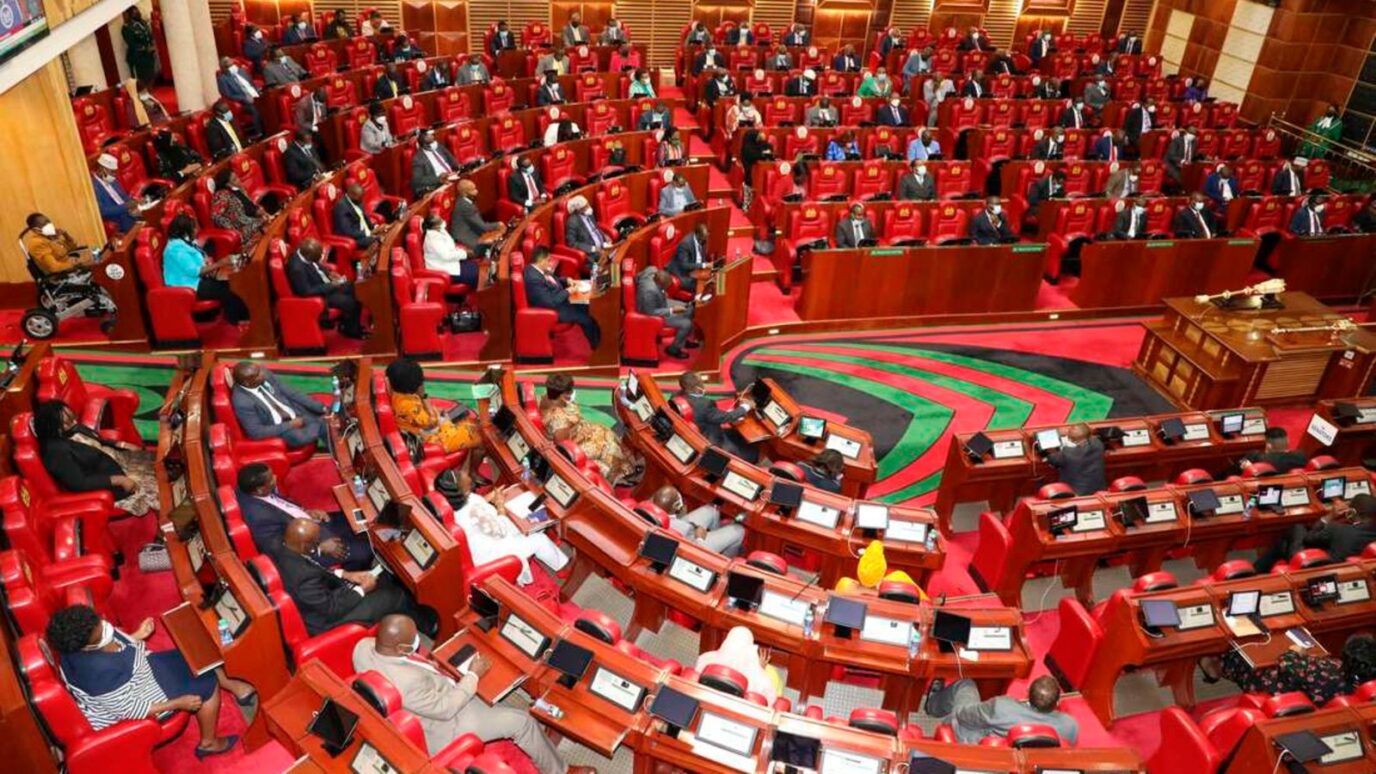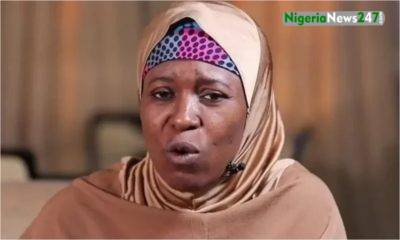NIGERIA NEWS
The Senate Rejects Bill to Use Gold to Support National Reserves

The Nigerian Senate recently encountered a contentious bill proposed by Senator Sani Musa of Niger East, titled the “Foreign Exchange (Control and Monitoring) Bill, 2024 (SB. 353)”. The bill, which aimed to overhaul existing foreign exchange regulations by repealing the Foreign Exchange (Monitoring and Miscellaneous Provision) Act of 2004, faced staunch opposition during its deliberation and was ultimately rejected.
Senator Musa introduced the bill on February 20, 2024, outlining its primary objectives to establish a new Foreign Exchange Market in Nigeria. This proposed market would have been tasked with regulating, monitoring, and supervising transactions within the foreign exchange arena, aiming to contribute to the sound development of the national economy. Key provisions included facilitating foreign transactions, maintaining balance in international payments, and stabilizing the currency’s value through liberalized exchange transactions.
Central to the bill was the empowerment of the Central Bank of Nigeria (CBN) to administer, control, and manage all aspects of foreign exchange dealings. New clauses were proposed to mandate authorized dealers to report on the sources and utilization of foreign exchange exceeding $10,000, as well as seek CBN approval for importing foreign currency notes. The bill also detailed a licensing framework for entities engaging in foreign exchange transactions, with provisions for license refusal, suspension, revocation, and appeal processes.
Senator Musa emphasized that these measures were crucial for enhancing economic management and promoting stability in Nigeria’s financial markets. He underscored the importance of an efficient foreign exchange regime in shaping the nation’s economic future, stressing that effective management in this area was pivotal to overall economic wellness.
However, despite the senator’s arguments for the bill’s potential benefits, it faced strong opposition from fellow lawmakers during the Senate’s deliberations. Concerns were raised about the practicality and potential implications of the proposed changes, leading to a decisive rejection of the bill.
The rejection highlights ongoing debates within Nigeria’s legislative landscape concerning economic policies and regulatory frameworks, particularly in critical areas such as foreign exchange management. As the country navigates these challenges, discussions continue on how best to optimize economic policies to foster sustainable growth and stability in the Nigerian economy.





















You must be logged in to post a comment Login